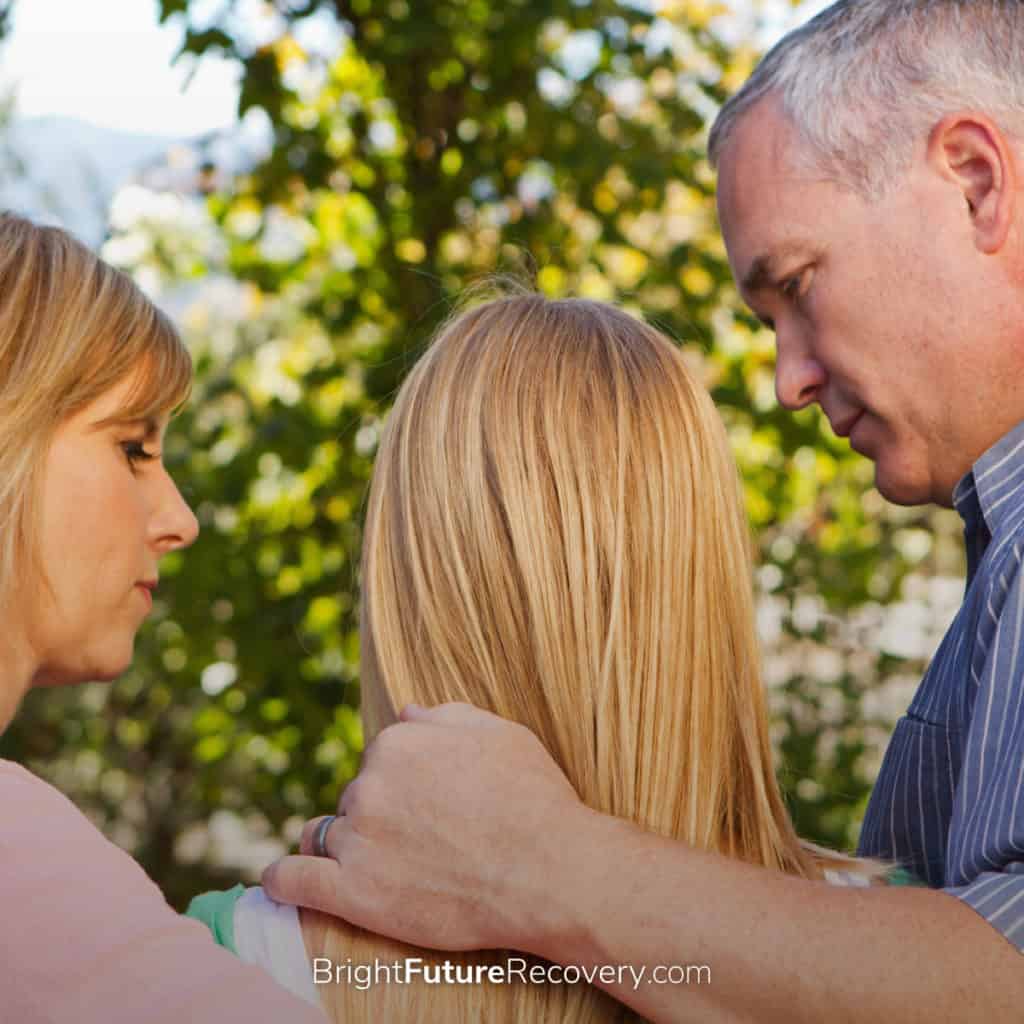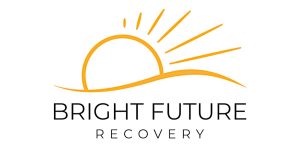The biggest health problem affecting young people today is addiction. Addiction and substance abuse devastate teens and young adults in the most insidious ways.
Did you know that most adults who deal with addiction begin having issues during adolescence?
Although physical growth may halt during late adolescence, the brain has not fully developed until the mid-twenties. Abusing drugs and alcohol while the brain is still growing can have lifelong consequences.
Dealing with a drug addicted child early on can prevent a lifetime of hurt for your teen and your family.
Enabling vs. Helping
It’s normal for parents to want to shield their children from negative experiences in life. We catch them when they fall at the playground and help them with homework to avoid bad grades. So it’s a natural instinct to protect them from undesirable consequences as they grow.

Enabling a drug addict child, or being codependent, comes from a desire to take care of someone. Although it comes with good intentions, it actually harms both people involved. When it comes to drug addiction, the enabler sacrifices their own needs to protect their family member from the consequences of their choices.
When teens are shielded from embarrassment, excused from school or work by a parent and rescued from legal or social problems, they are enabled to continue to abuse substances.
Children suffering from the disease of addiction need help, not an excuse to continue in destructive behavior.
People want to help someone they know who’s struggling with an addiction problem. However, enabling a drug addict child allows them to continue doing drugs. Helping someone get over a drug problem looks very different than enabling.
One thing is clear: Addicts are more apt to quit when they feel the pain of their choices.
Narcan
Most of us have heard about the tremendous opioid epidemic sweeping America. People are dying in mass due to drugs like oxycodone, hydrocodone, heroin and others. Teen drug abuse often starts with opioid painkillers. It is a frightening crisis.
There is an antidote to the death touch of opioids, it’s called Narcan (or naloxone). Most of the thousands of Americans who are dying from opioids are victims of overdose. Overdosing on opiates slows a person’s breathing to the extreme of respiratory failure. Because of the crisis, first responders have started carrying Narcan with them to save lives. Thankfully, this antidote to halted breathing works very quickly and can restore normal respiratory function to those who have overdosed on painkillers, heroin or the like.
Narcan Training
Many parents wonder if they should consider keeping Narcan at home for safety and attend a Narcan training class.
Parents ask if it is enabling their teen’s behavior to keep this opioid antagonist medication at home. These factors, in addition to the social stigma – and the reality of facing the fact that their loved one has a serious drug problem – can keep families from getting a supply of Narcan and seeking the training necessary to use it.
On the contrary, no studies have found that Narcan is used as an excuse for one’s habit, in fact, Narcan can be a deterrent. Narcan clears opioids out of the system. Because of the nasty side effects from withdrawal as well as the loss of the high, some users become more conscious of avoiding overdose. Consider a child needing glucose for diabetes or an EpiPen for deadly allergies; the health issue of substance abuse begs the same safety of having Narcan on hand.
There is good reason more and more states are ensuring Narcan is available over the counter. And insurance often covers the medication.
Obtaining this life-saving medicine and getting the right training on how to use it is vital to protecting your teen.
Learning How to Administer Narcan
Most states offer free training classes for Narcan. Some cities offer training any time on a one-on-one basis. Some places offer public training in groups.
The instructions for administering naloxone are simple, straight-forward and brief. Some state government sponsored trainings even provide one or two doses of the medication for free at the class.
You can find training by contacting your local government office, searching online for Narcan training centers near you, and even find some online training and administration techniques.
Parental Paradigms
Addiction affects the whole family. Substance abuse happens even in the best of families, and although you may not be doing anything wrong, it is wise to consider the dynamics of your household and whether there are any improvements that could ease the situation.
A parent’s views on drug use impacts their children. Research shows that parents who accept drug use as a part of life, give credence to a relative who uses, or believe marijuana and alcohol are a normal part of an adolescent’s life are more likely to unwittingly encourage substance abuse in their children.
In addition, studies have identified risk factors for a child’s substance abuse. These predispositions include genetics and their parents’ own behaviors and relationships to drugs and alcohol.
It’s a good thing for us to examine our paradigms and check our own behaviors regarding drug abuse. Considering whether modifications might help is a brave way to support your teen.
Remember that being hard on yourself or your child is counterproductive. But taking a non-judgmental look at your family can make a big difference in your lives.
How to Talk to Your Teen About Drugs
It can be hard to bring up difficult conversations with your addict child. You don’t want things to be awkward, you don’t want to alienate your teenager, but you know you need to have an important conversation about their drug use. How do you handle it?
It is normal to have these concerns. Here are some tips on how to start a conversation when you’re worried about your child’s reaction:
- Broach the subject lightly – start from a place of love
- Pick the right moment – not when you or your teen is stressed out
- Speak with compassion and not judgmentally
- Remember that the best questions are open-ended
You can say things like, “It seems like you’ve been going through a difficult time lately. I love you and want to keep you safe. How do you feel about teens using drugs and alcohol?”. These types of statements and questions are open-ended and let your child know you care.
Don’t be afraid of your teen’s reaction; their life is worth more than some awkwardness.
Strengthening your relationship with your teenager can be the first step towards improving things at home. Opening the lines of communication with kindness and understanding will go a long way in working out problems together.
To Be a Friend or Not To Be
When adolescents are having a drug problem, parents can feel unsure about their roles. They find themselves wondering if they should be their child’s friend or their parent.
Believe it or not, parents are the most influential part of a teen’s life – even more so than their friends. Sometimes, as a parent you may feel like an outsider when your high schooler spends more time with their friends than their family; however, your student needs you just as much as always.
Part of teen addiction is to fabricate stories about where they are, who they are with and what they are doing. In order to be able to obtain illegal substances, those struggling with addiction have to be deceitful to continue in their addiction. It’s not that they want to lie, but they inherently feel it’s the only choice.
Unfortunately, lying breaks down relationships. The longer deceit goes on, the more distant people become.
Advice for Parents of Addicts
Parents can feel caught in between being a friend to their teen and leading by the traditional parental role. While being non-judgmental is huge, so is continuing to be the authority figure your child has come to rely on.
Focusing more on being in the role of a friend than a parent can have potentially negative consequences. Good parenting involves setting limits and being aware of when the rules at home aren’t effective.
Here are some examples of actions that parents have had to take to create a change:
- Calling the police when you find drugs on your child
- Withholding money (to avoid financing drug purchases)
- Not bailing them out of school problems or even jail
- Drug testing at home
- Enforcing a non-privacy rule at home
These may not be easy practices to implement, but parents who save their children have taken these type of actions.
Most importantly, getting your loved one into a detox center keeps him or her safe from drugs and their devastating effects. Healing and recovery from the disease of addiction begins with intervention and detox.
When Detox Is Right for Your Teen
Parents want what’s best for their kids. We want them to live a better life than we did. When your child shows signs of drug abuse, it can be frightening and leave you feeling powerless. As soon as you begin noticing signs of a drug problem, it is time to get help and enroll your loved one in a detox program.
Early treatment is vital.
Registering your adolescent or young adult in a detox program is important to help them overcome an addiction. None of us can jump over all life’s hurdles without help and training. At Bright Future Recovery we have the professional skills and compassion necessary to give your teen a fresh start with a drug-free life.
Contact us today, it may just save the life of your child.







